Prioritise Your Time ⏰
It’s hard to organise your time if you don’t know how you are spending it.
So start by tracking your time, know how much you can achieve in an hour or two hours.
When you are given a task to complete, you could start by breaking it down into to manageable individual tasks.
It can be useful to start using an App to track your productive time. Whenever your mind wanders, or you need to get up for a break, clock off and note the time.
Eventually you will be in the habit of predicting how long it will take you to achieve certain tasks, then you can plan your study sessions more accurately.
Following this method will lead to less time wasting and help you to feel more confident about what you can realistically achieve.
It’s a great habit to master know, as you will carry throughout your entire career.
Take Study Breaks ☕️
As a part of your time management you should also consider study breaks.
Taking regular breaks will actually increase your productivity. Our brain can only handle so much new information before it starts to overload and eventually crash. You mat think studying into the early hours of the morning is impressive, but all that work you did will not be retained for long.
Pushing our mind beyond its’ capabilities will only create more stress and anxiety.
Aim to stand up from your desk every 45-60 mins even if it is to stretch and move around the room, or just grab a cup of tea.
After every 2-3 hrs you should take a longer break, perhaps planning to have a lunch break or walk the dog around the park. Getting outside into the sunshine and fresh air will make your next session a lot more productive.
Set Yourself Deadlines 📗
When you are planning the week ahead, and you feel confident that you have allocated the correct amount of time to each task… focus on the deadlines.
Give yourself some breathing room, incase obstacles pop up along the way. If an assignment is due in 2 weeks, then set your deadline for 10 days. This will allow extra time for editing, changes or unavoidable commitments.
Sticking to deadlines will help you avoid stressful last minute scrambling, more often than not resulting in ordinary results.
Avoid Distractions ☎️
Where you study will also have an impact on your productivity.
Create a calm and tidy work space, clear of clutter and mess, with only the items you will need for your study session such as: Notes, pens, notebook, water, laptop and snacks.It’s a good idea to get yourself an analogue clock to keep track of time, then you can remove your phone entirely.
This is a tough one for some people, so if it make you break into a cold sweat… then latest put it on Silent and turn off Notifications.
If you are only able to study in library or a busy environment, then try some noise cancelling headphones.Try and find a cubicle or a corner of the room where people are less likely to be wandering passed you. P{lay some relaxing music, preferably without lyrics and zone into the task at hand.
Eat Healthy Snacks🍏
Keep your brain fuelled with healthy snacks and plenty of fresh water.
Hydration is key for optimal concentration levels. That means, not only plenty of water, but fresh fruits and vegetable throughout the day.Plan your snacks early, whether that means chopping up veggie sticks in the morning, making a sale wrap for lunch, or perhaps you are going to meet a friend for a study break lunch at the cafe.
Avoid too much sugar, processed foods and caffeine. The best options would be brain boosting foods like: Nuts & seeds, fresh salads, fresh fruit, green smoothies, vegetable soup, boiled eggs, or avocado on toast.
You’d be surprised how much energy a thinking brain burns through.

